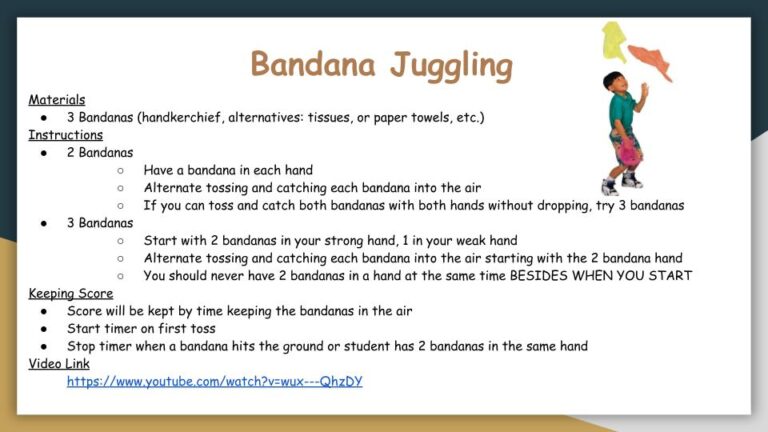As stores and restaurants slowly start to reopen, we at The Phoenix Center know there is still a long road ahead of us before the world returns to anything resembling “normal.” Part of continuing to social distance means learning at home, and we know that a lot of this education often happens online — a convenient way to learn, but sometimes burnout-inducing when spending all day looking at a screen.
The Internet is a fantastic resource for parents and students with special needs alike, but The Phoenix Center wanted to proactively supply parents with some hands-on, at-home, and off-screen exercises that might more effectively stimulate eager learners. Take a look at these fun games and engaging learning opportunities, and — as always — reach out to us with any questions on best practices, or just to check in!
1 Combine Exercise with Learning
As warmer days are ahead of us, kill two birds with one stone by getting outdoors and learning. You can go on a walk around the neighborhood hunting for specific colors — get some steps in while counting how many purple things you see, or blue or green or red. Looking for something a little more adventurous? How about trying some activity selections from our “Virtual Field Day” last month! Sit down with the family and look through these “how-to” cards for games like Bandana Juggling, Soda Bottle Bowling, and Cup Flip Challenge just by clicking here!
2 Create a Sensory Bin
Sensory bins can certainly be feel-good experiences. They also offer great hands-on activity to pass the time, put a smile on your child’s face, and teach them about what materials they like to touch and hold. Grab a mixing bowl or other container and ready some supplies for your child to play with. Ashley Agresti, our Consumer Family Life Skills teacher, says “I like using dirt or mud, food items related to a specific lesson or season (dry corn and wet/canned corn for example), or even just filling a bin with water and toys. Other plant items like baby pumpkins, pumpkin guts, and pumpkin purée are all fun and offer different tactile experiences. I also do sensory bags with squishy stuff! No matter what, I like to ensure that bins have different textures, mimic real-world items, give students opportunities for language, and are age appropriate.” Sensory bins have long been a favorite activity amongst children with special needs, and due to the mess that these can sometimes make, taking the bin outdoors might be a good idea!
3 Board Games Can Be More Than Just Family Fun
Don’t underestimate the learning opportunities (and fun!) built into classic board games. Good for rainy days, or summer ones that are too hot, board games can also unlock an older child with special needs’ mathematical, literary, and problem-solving skills. Connect Four, Monopoly, and Scrabble are all great ways to get off the computer and explore counting money or rolled dice, making words out of available letter tiles, and strategy. Some of the more popular games in TPC Classrooms include Pop the Pig, Guess Who? and Shark Bite. Make it both an educational opportunity and family bonding time by playing together!

